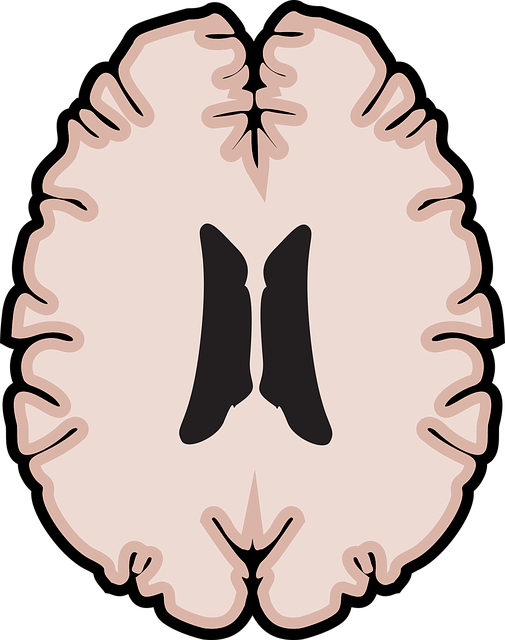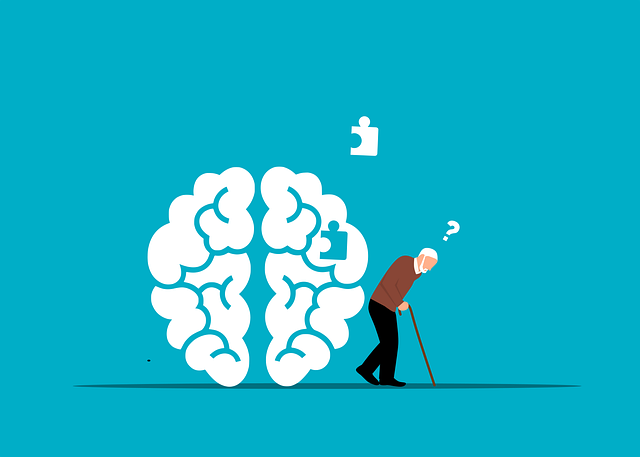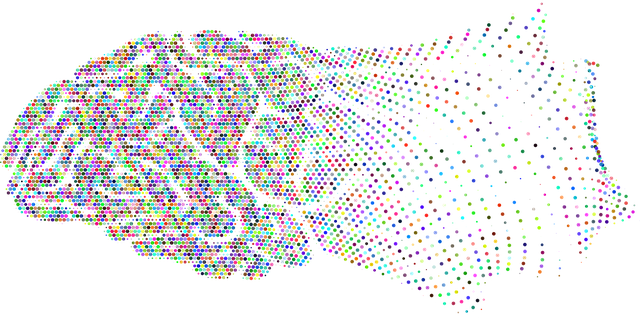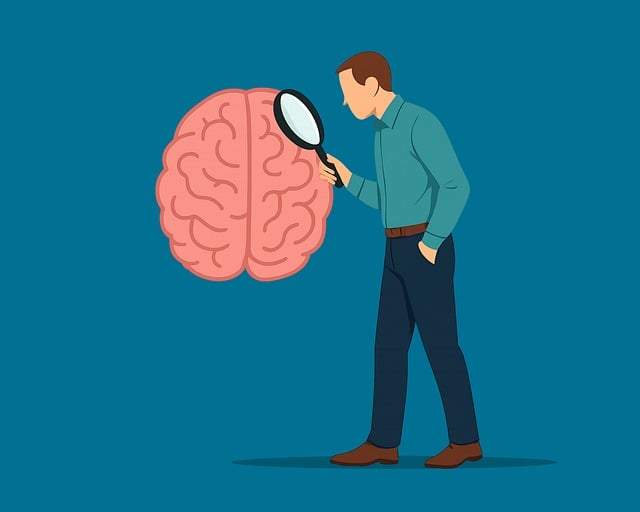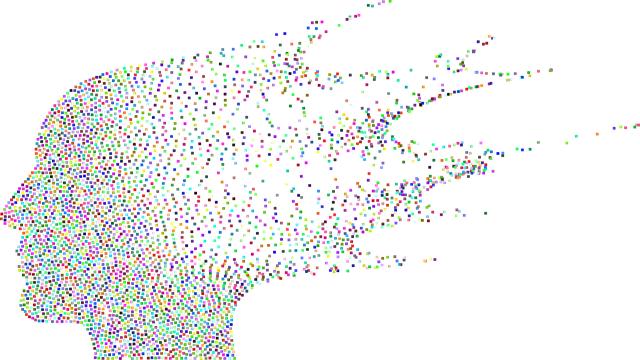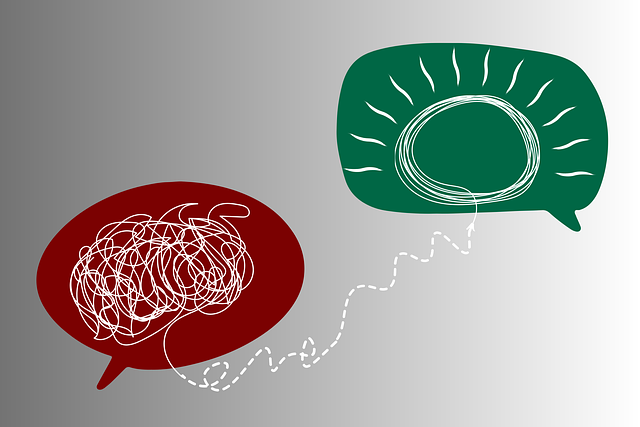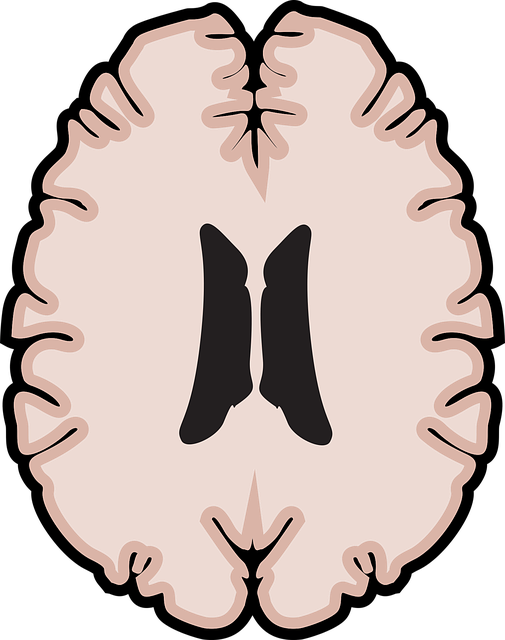Littleton Post-Traumatic Stress Disorder (PTSD) therapy offers a safe space for individuals to process grief and loss, using evidence-based strategies like journaling, mindfulness, and conflict resolution. This holistic approach, tailored to individual needs, helps clients navigate the stages of grief, build emotional resilience, maintain healthy relationships, and adapt to life after loss, all within a culturally sensitive environment.
Grief is a powerful and often complex human experience. When loss occurs, whether it’s the passing of a loved one or an traumatic event, professional counseling can be vital. This article explores the critical role of grief and bereavement counseling in helping individuals navigate their emotions. We delve into understanding loss, its impact on mental health, and how therapy, especially Littleton Post-Traumatic Stress Disorder (PTSD) therapy, offers effective strategies to manage the challenging stages of grief.
- Understanding Loss, Grief, and Bereavement Counseling
- The Role of Therapy in Managing Post-Traumatic Stress Disorder (PTSD) Following Loss
- Effective Strategies and Techniques Employed in Grief Counseling Sessions
Understanding Loss, Grief, and Bereavement Counseling

Loss, grief, and bereavement are natural responses to significant life changes or traumatic events, such as the death of a loved one. Understanding these processes is crucial for anyone seeking counseling in Littleton Post-Traumatic Stress Disorder Therapy (PTSD). The journey through grief involves various stages, from shock and denial to acceptance and eventual healing. Counseling provides a safe space to navigate these emotions, offering coping skills development and strategies to integrate the loss into daily life.
Effective counseling goes beyond mere support; it equips individuals with mental health education programs designed to enhance resilience. By exploring their feelings and thoughts, clients can learn healthy ways to process grief and develop effective coping mechanisms. Moreover, risk management planning for mental health professionals is integral to ensuring a supportive environment, where individuals can explore their emotions openly without fear of judgment. This holistic approach facilitates the healing process, enabling individuals to adapt to life after loss while preserving their well-being.
The Role of Therapy in Managing Post-Traumatic Stress Disorder (PTSD) Following Loss

After a profound loss, individuals may experience symptoms of post-traumatic stress disorder (PTSD), highlighting the critical role therapy plays in their healing journey. Littleton Post-Traumatic Stress Disorder therapy offers a safe and supportive space for those grappling with grief to process their emotions and traumatic memories. Through evidence-based approaches tailored to individual needs, therapists help clients make sense of their experiences and develop coping strategies.
One effective method is integrating mental wellness journaling exercises into therapy sessions, encouraging reflection and self-awareness. Additionally, healthcare provider cultural competency training ensures culturally sensitive care, recognizing the impact of grief across diverse backgrounds. By combining these approaches with the core principles of mind over matter, individuals can find resilience and manage PTSD symptoms effectively while navigating their unique bereavement journeys.
Effective Strategies and Techniques Employed in Grief Counseling Sessions

In grief counseling sessions, a multitude of effective strategies and techniques are employed to help individuals navigate their emotional journey after loss. One key approach involves helping clients process their emotions through open dialogue and expression, fostering an environment where they feel safe to share their feelings without judgment. Counselors often utilize mindfulness practices and Mind Over Matter principles to encourage clients to focus on the present moment, manage stress, and cultivate a sense of calm amidst the turmoil.
Additionally, conflict resolution techniques are integrated to address interpersonal challenges that may arise during bereavement. By enhancing emotional intelligence, counselors assist individuals in understanding and regulating their emotions as well as empathizing with others. This enables them to maintain healthy relationships and support networks, which are vital for coping with grief. Such counseling sessions cater to the unique needs of each individual, providing tailored guidance to help them heal from loss and find meaning in their sorrow.
Grief, loss, and bereavement counseling play a pivotal role in helping individuals navigate the complexities of these emotional journeys. By understanding the unique aspects of each stage, therapists can employ effective strategies like those used in Littleton Post-Traumatic Stress Disorder (PTSD) therapy to manage symptoms effectively. Integrating counseling into the healing process empowers folks to find solace, adapt, and rebuild their lives after significant loss.
